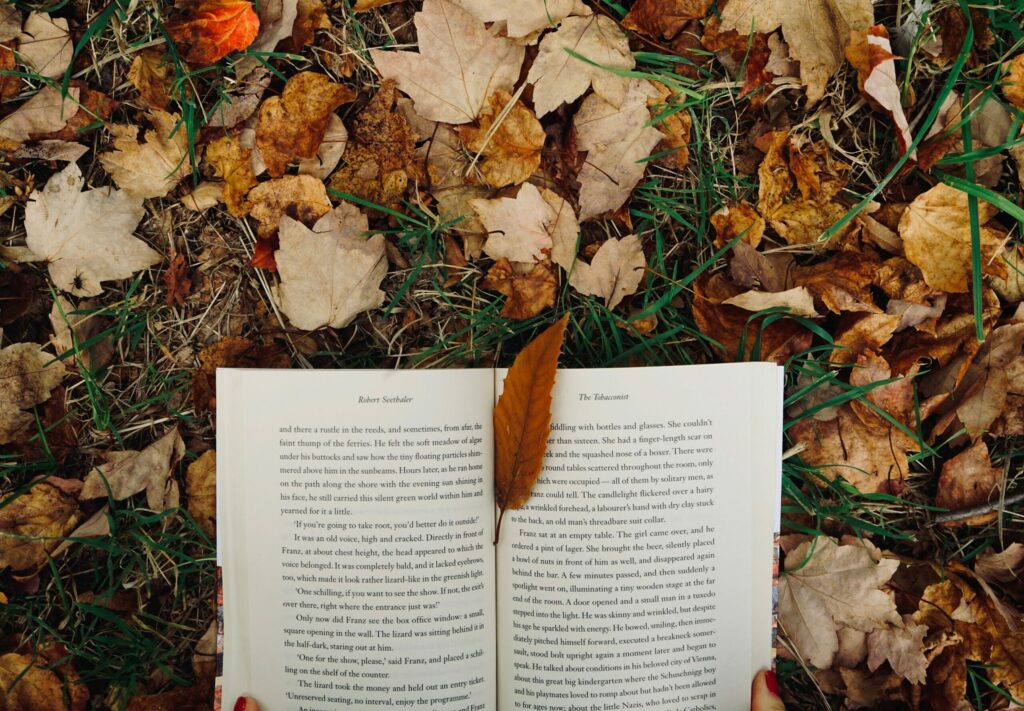Fiction
How to Come Up With Story Ideas
How do writers develop good story ideas? Sometimes, coming up with a story idea is the hardest part about writing fiction. Figuring out what to write about can be frustrating,…
Read MoreInciting Incident Definition: The “Why” of Fiction
“The inciting incident is how you get [your characters] to do something…. It’s the doorway through which they can’t return, you know. The story takes care of the rest.” —Donald…
Read MoreNaNoWriMo Tips: Preparing for National Novel Writing Month
National Novel Writing Month begins in November, and if you’re planning on organizing your own novel writing intensive, you’ve got some NaNoWriMo prep to do. Novelists of all fiction genres…
Read MoreRevising and Editing for Creative Writers
Want to learn more about revising and editing? Check out our self-paced class The Successful Novel, which gives you the tools to write, revise, and publish the novel waiting to be…
Read MoreHow to Write a Novel
At some point, every storyteller wants to learn how to write a novel. But is your story right for the novel form? What does it take to write a novel?…
Read MoreWhat is Theme? A Look at 20 Common Themes in Literature
When someone asks you “What is this book about?”, there are a few ways you can answer. There’s “plot,” which refers to the literal events in the book, and there’s…
Read MoreFlat Character vs. Round Character: Definitions and Examples
Every fictional person that populates books, movies, and plays falls into one of two categories: flat characters and round characters. Flat and round characters each fill important roles in works…
Read MoreRepetition Definition: Types of Repetition in Poetry and Prose
What is repetition? At its simplest, repetition is a word or phrase used multiple times in a text, for the purpose of emphasizing an emotion or idea. It might seem…
Read MoreIrony Definition: Different Types of Irony in Literature
What is irony? Well, it’s like rain on your wedding day. It’s a free ride, when you’ve already paid. ’90s radio is helpful here. Okay; but what is irony? It…
Read MoreGet Back to the Book
About the Author: Donna Levin is the author of Extraordinary Means (William Morrow), California Street (Simon & Schuster) and the recent best-seller, There’s More Than One Way Home (Chickadee Prince Books 2017). Her new novel, He Could…
Read More








